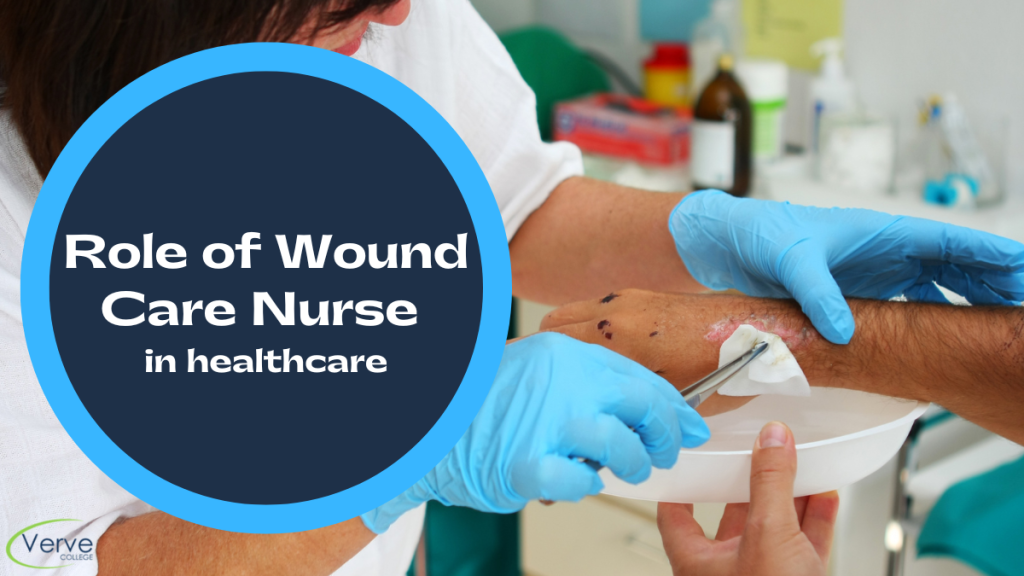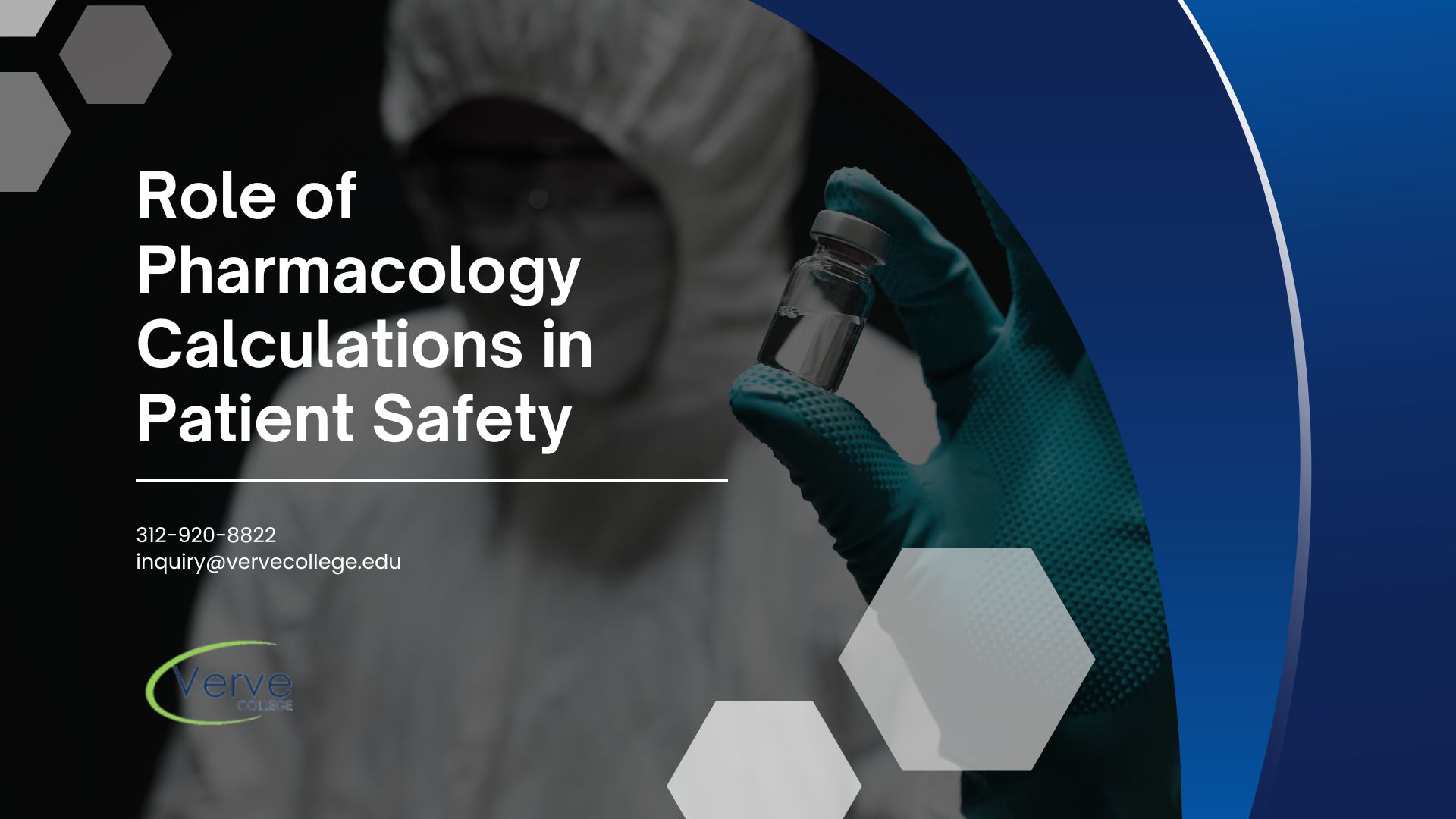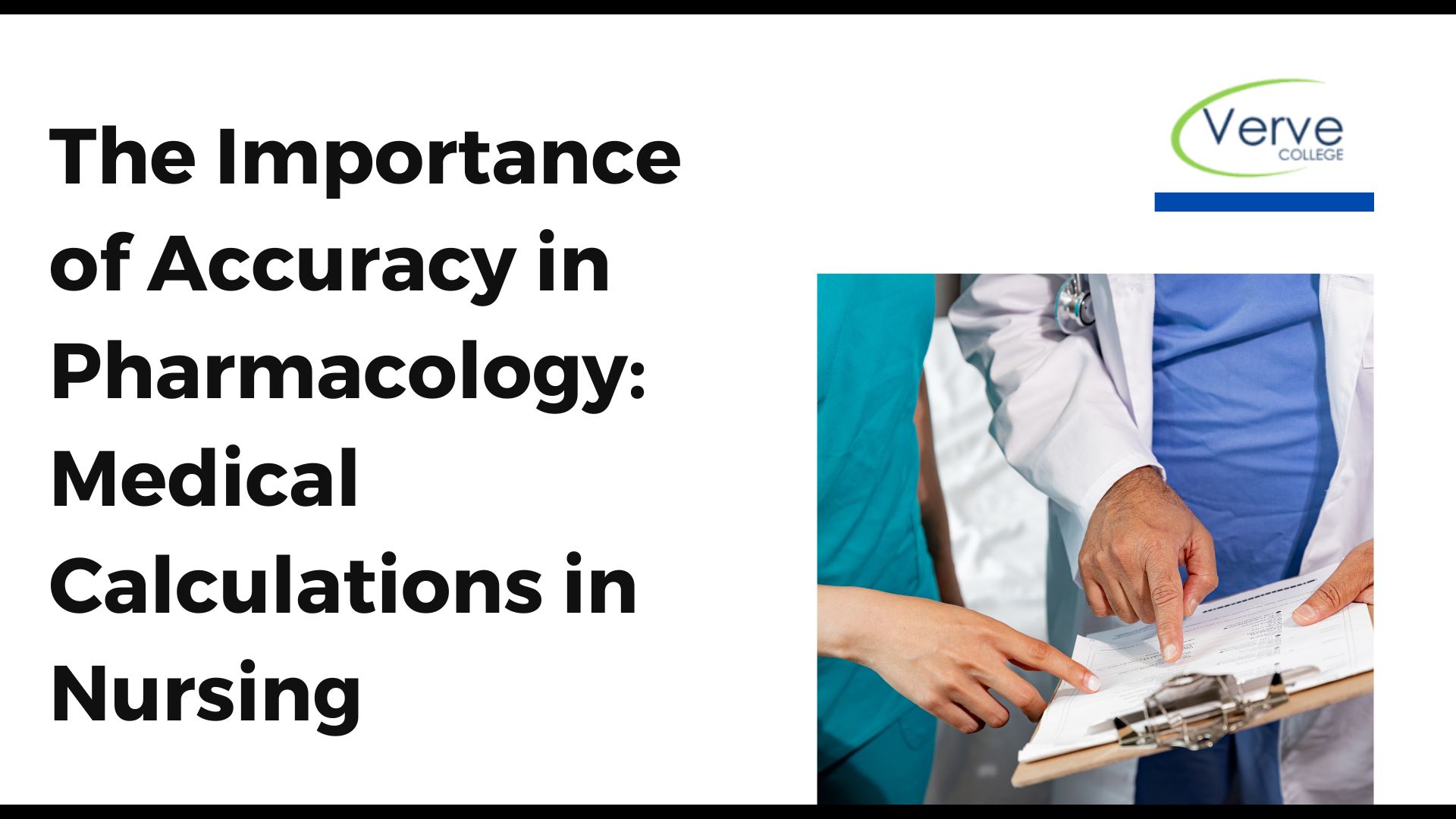- Oak Brook:(630) 705-9999
- Chicago:(312) 920-8822
- Email:inquiry@vervecollege.edu
- Make a Payment
- Home
- Programs
- Admission
- Resources
- ATI Entrance Exam Resources
- New E-Digital Library
- Refer a Friend
- School Newsletter
- Events
- Employers
- Job-Network
- Alpha Beta Kappa Candidates
- Verve College Library
- Graduation and Pinning Ceremony Photo Galleries
- Textbook Information
- Career Services
- Tutoring
- School Catalog
- FAQ
- Constitution Day Program
- Alumni
- Verve College Plans
- Financial Aid
- HEERF Reporting
- Satisfactory Academic Progress
- Apply For Financial Aid
- Net Price Calculator
- Return of Title IV Funds (R2T4)
- Financial Aid Office Code of Conduct
- Contact
- FAQs
- Verification Policy
- Vaccination Policy
- Student Right-to-Know Act
- Misrepresentation
- Information Security Program
- Academic Award Year
- Availability of Employee
- Cost of Attendance
- Health & Safety Exemption Requirement
- Students Rights and Responsibilities
- Leave of Absence
- Pell Formula
- Military Students
- Grants/ Scholarship Policy
- Contact Us
- Testimonials
- Blog
Is a Nursing Career Right For You?
Take The Free Quiz
Role of Wound Care Nurse in Healthcare
Role of Wound Care Nurse in Healthcare
Wound care nurses and their entire team with wound care knowledge provide a variety of vital services. They can assess diabetic foot conditions, treat infections and develop treatment plans.
In nursing, the significance of wound care is predicated on critical thinking and the capacity to reduce a patient’s suffering and encourage the quickest and fullest possible healing. You will need to take specialized courses or licensed practical nurse programs for learning more about wound care or if you want to become a wound care nurse. These courses will provide nurses with all the information they need to stay up-to-date with changing care standards, improve their knowledge of skin care and wound management and remain legally compliant at the bedside.
The education of a wound nurse does not end with certification. Wound care nurses, like all other healthcare professionals, must update their skills yearly through continuing education and specialized clinical training.
The demand for nurses who specialize in wound care is growing, as is the interest of new nurses, experienced registered nurses, and nurse administrators. These professionals will be able to set themselves and their clinics up for success with a thorough understanding of patient experience in wound care.
What Does a Wound Care Nurse Do?
Wound care is more than just cleaning and dressing the wounds. Experts with the knowledge, clinical practice, and advanced practice skills to assess and monitor wounds and educate patients about at-home care are needed for chronic and acute wounds. These nurses may be involved in a variety of tasks on any given day. LPN weekend classes are a great way to learn more about this.
- Pressure Injuries: Pressure injuries are among the most common wounds that a nurse encounters as a wound provider. While pressure injuries happen across the board in the healthcare industry, they are more common in long-term and post-acute care settings, such as hospice and home health, where patients spend a lot of time sitting still. Theses nurses evaluate pressure injuries, identify treatment options and implement best wound care practices to prevent further injuries.
- Foot Care: Due to the high prevalence of type 2 diabetes in the U.S.A., diabetic foot care is highly demanded. Wound care experienced nurses are trained to treat diabetic foot ulcers. They teach patients to take care of their feet on their own, and in many cases, they help them avoid amputations with skills and communication strategies.
Related:- 7 Principles for Effective LPN-Patient Communication in Nursing Practice
- Burn Treatment: Even first-degree burns can be painful. The wound care provider nurse’s treatment of a burn is dependent on the severity, location, and size. To prevent infection, antibiotic ointments can be used on second-degree burns. When assessing the wound and bandaging it, a nurse can choose from a variety of dressings. All burns should be monitored closely throughout the healing process.
- Traumatic Wound Care: Skin tears and lacerations, as well as wounds that penetrate tissue, fall under the category of traumatic wound care delivery. The severity of the wounds, whether caused by a car accident, dog bite, or other force, is determined by the damage done to the skin and the underlying tissue. All traumatic injuries must be cleaned and their severity assessed. The wound will heal correctly if a comprehensive care plan is created with the appropriate treatment measures.
- Educating families and patients: Education is an important part of any wound nurse’s job. These nurses provide patients and families with self-sustaining care routines that they can continue outside the hospital.
Can LPNs Be Certified in Wound Care?
Many nurses, nurse administrators, and other healthcare professionals in healthcare organizations wonder if an LPN can be certified to care for wounds in a hospital setting. The National Alliance of Wound Care and Ostomy offers wound care certified credentials to any LPN, Nurse Practitioner, or Physician Assistant with unrestricted licensure.
Before receiving wound care certification credentials, LPNs must also hold unrestricted licensure and meet certain educational and work experience requirements for skilled nursing facilities. Nurses are required to either have a certification committee-compliant skin and wound care course or possess a certified wound specialist certificate from the American Board of Wound Management.
Conclusion
Many healthcare providers with clinical knowledge find wound care a rewarding and dynamic career. Wound care education from the best nursing colleges in Illinois makes nurses experts in their fields and gives them the skills they need to provide high quality of care. Patient care satisfaction rates soar when patients feel respected and cared for by a highly skilled and knowledgeable healthcare professional.
 Sign up
Sign up Login
Login




